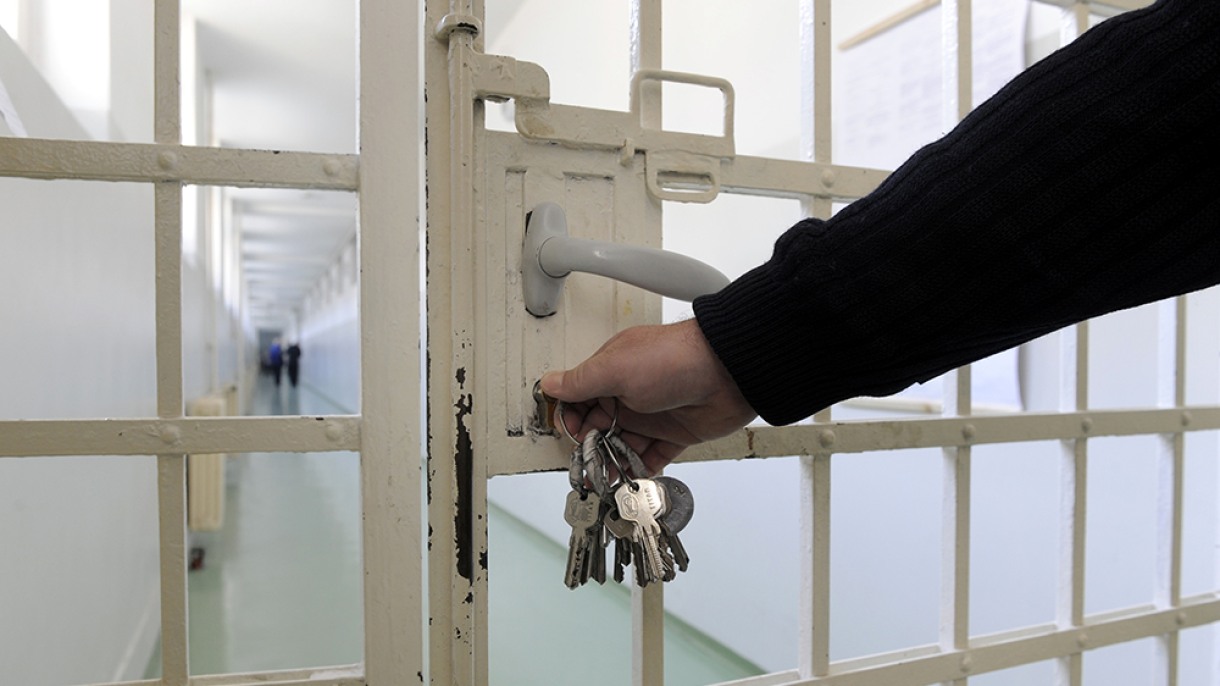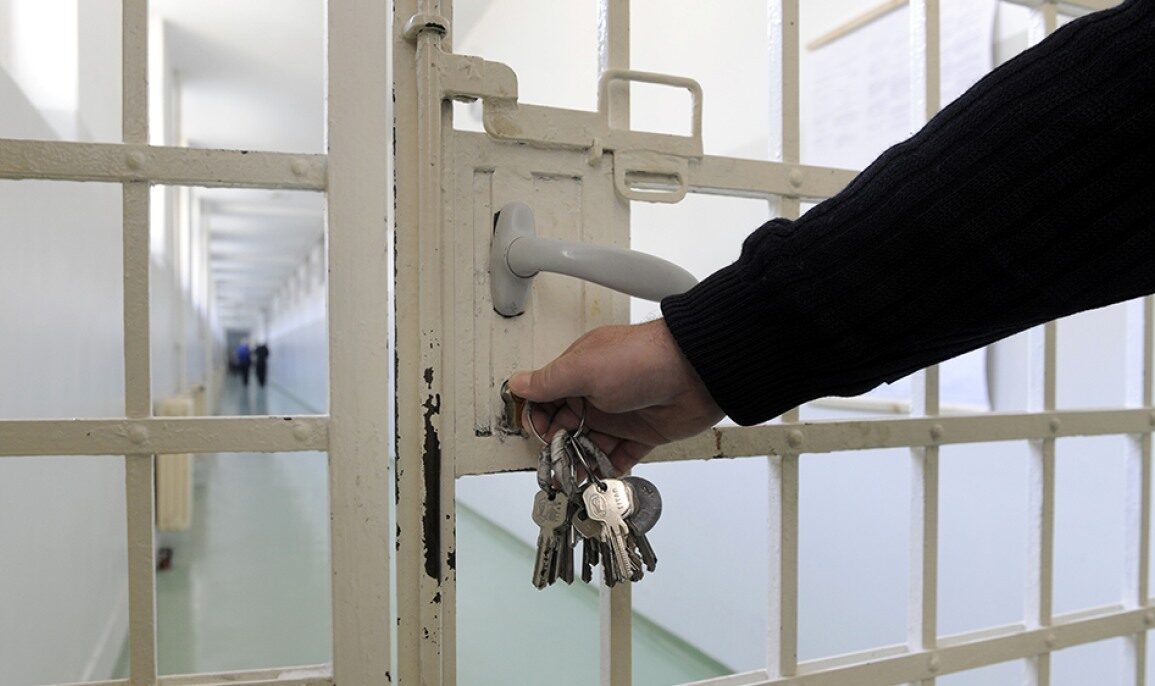
“One of the things that made Professor Eason’s seminar so unique was the opportunity to put into practice all the issues we typically only discuss in the classroom,” senior Sarah Ogundare said. “Not only did we talk about how we get closer to a world without prisons, we strategized how to achieve decarceration responsibly in communities experiencing it.”
While the group focused on one specific city and prison, Blythe is anything but unique in facing the fallout from a prison closure. Between 1970 and 2000, the number of prison facilities in the U.S. tripled with more than 1,200 opening during the period. But since 2000, more prisons in the U.S. have closed than have opened, a trend that is expected to continue. While Eason and the class remained neutral on the question of whether this particular prison should close, he noted that some of the city’s most vociferous critics of the closure came from its large minority population.
“The fact that there are Black and brown people participating in social movements to keep prisons open is really interesting,” Eason said, as it runs counter to the narrative that people of color are strictly victims of the carceral system and overwhelmingly want to see them closed.
One-third of people working as correctional officers and working in prisons and jails are Black, he said.
“And those are pretty good jobs in terms of pay and benefits, especially compared to some of the alternatives,” Eason said. “So it’s a matter of finding better alternatives.”
Student Tyler Melwani said the course challenged his preconceived notions and approach to policymaking through real-world experience.
“Working with residents of Blythe deepened my understanding of the logistics of decarceration as I learned how marginalized, minority communities can depend on prisons economically and socially,” Melwani said. “We cannot eliminate the demand for prisons in the United States until we address the root causes of why communities like Blythe want prisons in their communities. It was fulfilling to cap off my international and public affairs concentration by partaking in a project with a significant real-world impact.”
This piece was adapted from a story by Pete Bilderback at Brown’s Watson Institute for International and Public Affairs. Read the full feature on the Watson Institute website.
This post was originally published on this site be sure to check out more of their content.







